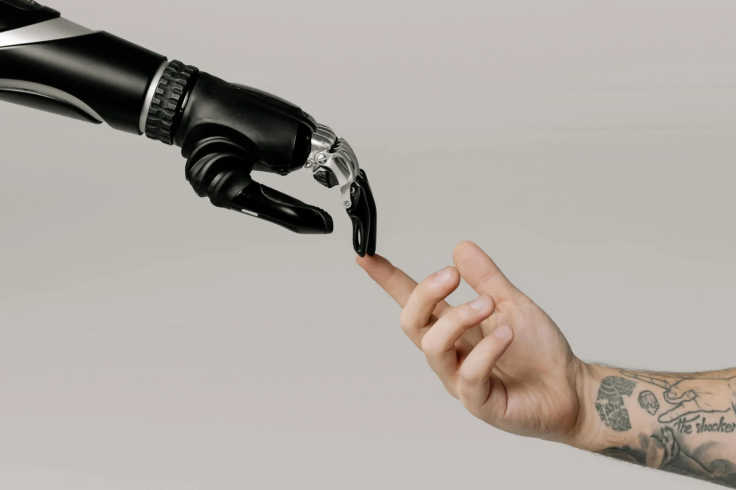As generative artificial intelligence (AI) becomes increasingly integrated into educational settings, discussions about its implications have permeated higher education institutions nationwide. While concerns about plagiarism and ethical usage persist, religious colleges and universities are taking a distinctive approach, embracing AI as a tool for critical thinking and holistic education. This article explores the intersection of generative AI and religious education, highlighting the nuanced perspectives and initiatives within these institutions.

Navigating Generative AI in Religious Institutions
Unlike their secular counterparts, religiously influenced institutions prioritize holistic education, emphasizing the development of the whole person alongside academic pursuits. Jonathan Askonas, assistant professor of Politics at the Catholic University of America, underscores the distinction, noting that religious institutions articulate a broader vision of education beyond mere skill acquisition for employment. This perspective aligns with the ethos of contemplative education, as emphasized by Jordan Quaglia, research director at Naropa University, where the focus extends beyond academia to encompass lived experiences and personal growth.
Religious colleges leverage AI technologies to facilitate critical thinking and ethical discernment, viewing them as complementary tools rather than substitutes for traditional learning methods. While concerns about ethical usage persist, religious educators advocate for an approach rooted in exploration and skillful utilization, drawing upon personal experiences and moral frameworks to navigate the complexities of AI integration.
Ethical Considerations and Technological Innovation
The intersection of technology and morality prompts critical reflections within religious institutions, where ethical considerations guide the integration of generative AI. The development of specialized language models tailored to specific faith traditions, such as BibleGPT and Jewish-GPT, reflects a commitment to preserving religious nuance and authenticity. However, Joshua Waxman, an assistant professor of computer science at Yeshiva University, cautions against uncritical reliance on AI-generated content, highlighting potential discrepancies and ethical dilemmas.
Waxman's concern underscores the need for rigorous ethical oversight and discernment in leveraging AI technologies within religious contexts. While AI holds promise as a learning tool, its limitations and inherent biases necessitate careful scrutiny and informed decision-making. Religious institutions navigate this terrain by fostering a culture of critical inquiry and ethical engagement, empowering students to evaluate AI-generated content within the framework of their religious beliefs and principles.
Shaping the Future of Religious Education
Despite apprehensions within certain segments of the Christian population regarding AI's impact, religious colleges remain at the forefront of embracing technological innovation. The openness of religious institutions to AI reflects a commitment to intellectual exploration and innovation, grounded in the principles of faith and scholarship. As generative AI continues to evolve, religious educators seek to harness its potential to enhance teaching and learning experiences while upholding ethical standards and religious values.
The convergence of generative AI and religious education heralds a new chapter in the evolving landscape of higher learning. By embracing AI as a tool for critical thinking and ethical discernment, religious colleges forge a unique path that integrates faith, scholarship, and technological innovation. As they navigate the complexities of AI integration, these institutions remain steadfast in their commitment to holistic education and the cultivation of informed, morally grounded leaders poised to shape the future.
© 2025 University Herald, All rights reserved. Do not reproduce without permission.








